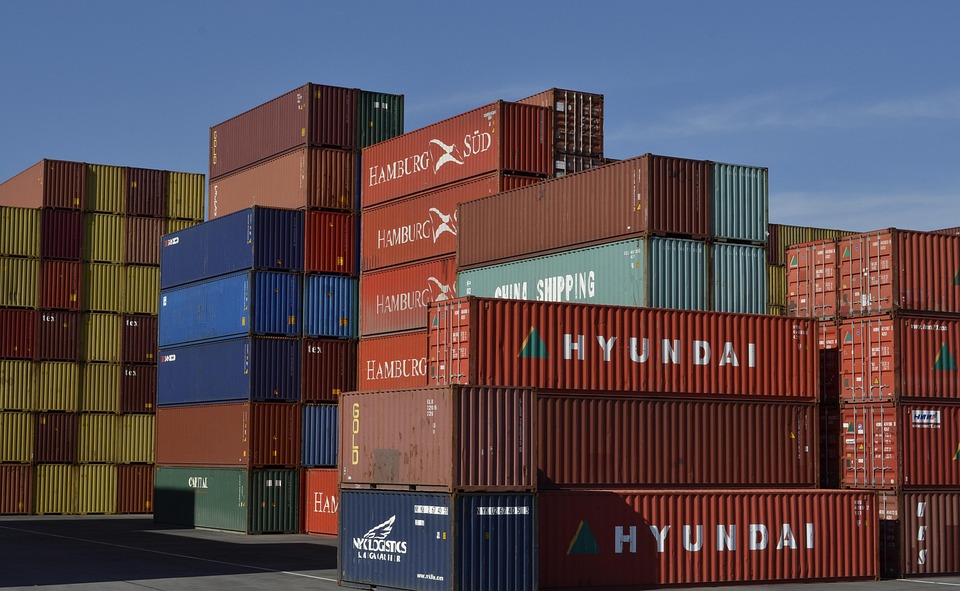The Role of a Head of Logistics: Skills and Responsibilities
In the ever-evolving landscape of global trade, the position of Head of Logistics has emerged as a pivotal role, particularly within the UK. As businesses grapple with supply chain complexities and the demand for efficiency intensifies, the skills and responsibilities of a Head of Logistics have never been more crucial. Surprisingly, this occupation is currently classified as a shortage occupation, presenting a wealth of career prospects for those keen on making their mark in this field.
Core Skills Required
-
Strategic Planning
A successful Head of Logistics must possess exceptional strategic planning abilities. This involves not only mapping out the logistics framework but also anticipating potential disruptions. According to a recent report by the Chartered Institute of Logistics and Transport, 70% of logistics professionals believe that strategic foresight is the key to navigating supply chain challenges. The ability to forecast demand and adjust logistics operations accordingly is vital in maintaining a competitive edge. -
Problem-Solving Acumen
The unpredictable nature of logistics demands a leader who excels in problem-solving. Whether it’s a sudden spike in demand or a transportation delay, the Head of Logistics must swiftly devise effective solutions. A case study from a leading UK retailer illustrated how their logistics head implemented real-time tracking technology, resulting in a 20% reduction in delivery delays. This adaptability not only enhances operational efficiency but also boosts customer satisfaction. -
Leadership and Team Management
Perhaps one of the most understated skills is leadership. The Head of Logistics oversees diverse teams, from warehouse operatives to transport coordinators. A strong leader fosters collaboration, inspires innovation, and cultivates a culture of accountability. As highlighted in a survey by Logistics UK, organisations with effective leadership in logistics report a 30% increase in employee retention rates. This underscores the importance of nurturing talent within the logistics sector.
Key Responsibilities
-
Supply Chain Coordination
At the heart of logistics lies the intricate web of supply chain coordination. The Head of Logistics is tasked with ensuring seamless communication among suppliers, warehouses, and distribution centres. This requires not only a keen understanding of each component but also the ability to harmonise operations, thereby minimising costs and maximising efficiency. -
Budget Management
Financial oversight is another critical responsibility. The logistics head must manage budgets, ensuring that resources are allocated optimally while keeping costs in check. This often involves negotiating contracts with suppliers and assessing the cost-effectiveness of transport methods. With rising fuel prices and fluctuating trade tariffs, effective budget management is essential for sustaining profitability. -
Compliance and Risk Management
In a world increasingly governed by regulations, the Head of Logistics must ensure that all operations comply with legal and environmental standards. This includes everything from health and safety regulations to sustainability practices. The importance of compliance cannot be overstated; a failure to adhere can result in hefty fines and reputational damage.
The Future of Logistics
As technology continues to reshape the logistics landscape, the role of the Head of Logistics will inevitably evolve. The integration of artificial intelligence and automation presents both challenges and opportunities. Experts predict that those who embrace these advancements will be at the forefront of the industry. A 2022 report from the World Economic Forum states that “logistics leaders must be tech-savvy and adaptable to stay relevant in the future.”
The logistics sector is not just about moving goods from point A to point B; it’s about creating a resilient and responsive supply chain that can withstand the pressures of modern commerce. For those considering a career as a Head of Logistics, the prospects are bright. Given the current shortage of skilled professionals, the demand for capable leaders in this field is likely to grow.
Navigating the complexities of the UK job market can be daunting, especially for roles that require sponsorship. Visajob.co.uk is committed to assisting you in securing your place within this dynamic sector, ensuring that you have the support needed to thrive in your career journey, particularly in positions that require a sponsorship visa. Whether you’re looking to step into logistics or seeking to advance your career, we’re here to help you succeed.




